How to Develop a Nighttime Skincare Routine for Repair and Rejuvenation
If you’re looking to improve the health and appearance of your skin, developing a nighttime skincare routine is essential. While it’s important to take care of your skin throughout the day, nighttime is when your skin has the opportunity to repair and rejuvenate itself. By following a consistent routine that includes cleansing, treating, and moisturizing, you can help your skin look and feel its best.
Why a Nighttime Skincare Routine is Important
During the day, your skin is exposed to a variety of environmental stressors such as pollution, UV rays, and free radicals. These stressors can cause damage to your skin cells and lead to premature aging, hyperpigmentation, and other skin concerns. At night, your skin goes into repair mode, which is why it’s important to give it the tools it needs to repair itself.
Additionally, your skin loses more moisture at night than it does during the day. By applying a moisturizer before bed, you can help prevent dryness and keep your skin looking plump and hydrated.
- Cleansing:
The first step in any nighttime skincare routine is cleansing. This removes any makeup, dirt, and oil that has accumulated on your skin throughout the day. Choose a gentle cleanser that won’t strip your skin of its natural oils.
- Treating:
After cleansing, apply any treatment products such as serums or retinoids. These products help to target specific skin concerns such as fine lines, dark spots, or acne.
- Moisturizing:
The final step in your nighttime routine is moisturizing. Choose a moisturizer that’s appropriate for your skin type and apply it liberally to your face and neck. This will help to lock in moisture and keep your skin hydrated throughout the night.
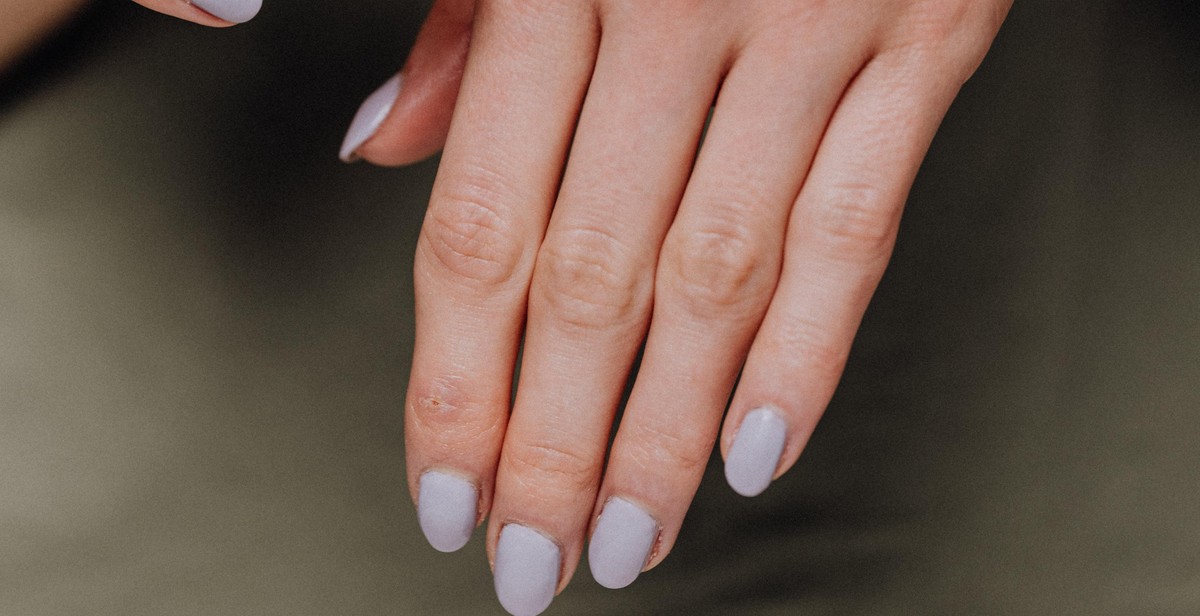
Step 1: Cleansing
Cleansing is the first and most important step in any skincare routine. It helps to remove dirt, oil, and makeup from the skin, allowing the other skincare products to penetrate deeper and work more effectively. Here are some tips to help you choose the right cleanser for your nighttime skincare routine:
Choosing the Right Cleanser
When choosing a cleanser, it’s important to consider your skin type and any specific concerns you may have. For example, if you have dry skin, you may want to look for a gentle, hydrating cleanser that won’t strip your skin of its natural oils. If you have oily or acne-prone skin, you may want to look for a cleanser that contains salicylic acid or benzoyl peroxide to help unclog pores and prevent breakouts.
Here are some common types of cleansers:
- Gel cleansers: great for oily or combination skin
- Cream cleansers: great for dry or sensitive skin
- Foaming cleansers: great for all skin types, especially oily or acne-prone skin
Double Cleansing
Double cleansing is a popular technique in Korean skincare that involves using two different types of cleansers to thoroughly cleanse the skin. The first cleanser is typically an oil-based cleanser, which helps to break down and remove makeup and sunscreen. The second cleanser is a water-based cleanser, which helps to remove any remaining dirt and impurities.
Double cleansing can be especially beneficial for those who wear heavy makeup or spend a lot of time outdoors. However, it’s not necessary for everyone. If you prefer to keep things simple, a single cleanser may be sufficient.
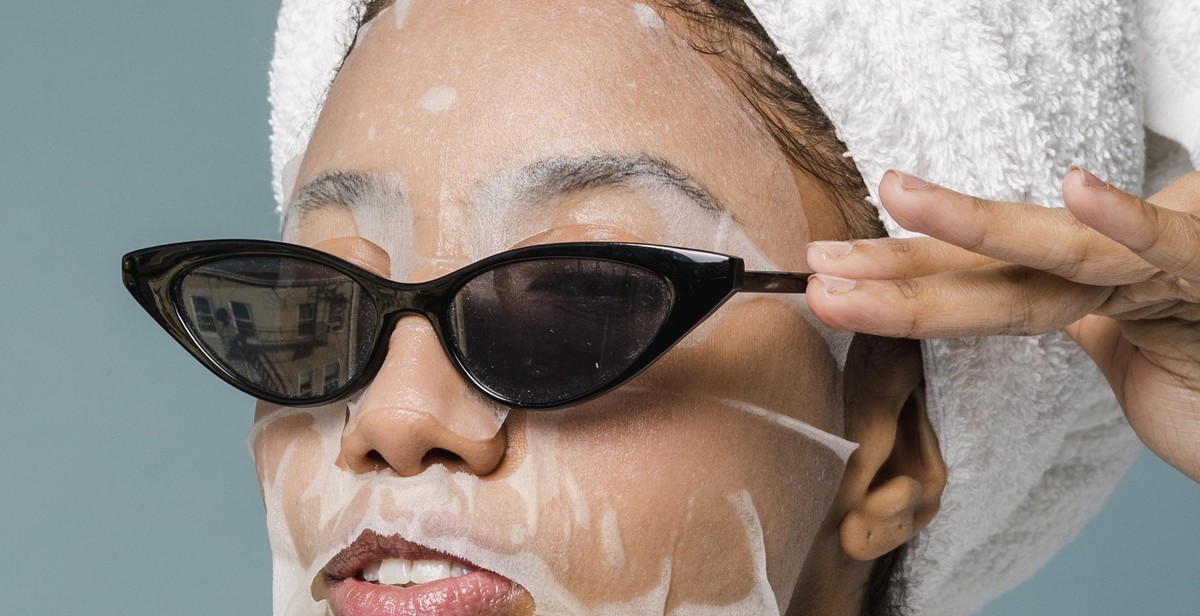
Step 2: Toning
After cleansing your skin, the next step in your nighttime skincare routine is toning. Toning helps to remove any remaining impurities, balance your skin’s pH levels, and prepare your skin for the next steps in your routine.
The Benefits of Toning
There are several benefits to adding a toner to your skincare routine:
- Toners help to remove any remaining dirt, oil, or makeup that your cleanser may have missed.
- Toners can help to balance your skin’s pH levels, which can help to prevent breakouts and irritation.
- Toners can help to hydrate and soothe your skin, especially if you choose a toner with ingredients like aloe vera or chamomile.
- Toners can help to prep your skin for the next steps in your skincare routine, allowing your serums and moisturizers to better penetrate your skin.
Choosing the Right Toner
When choosing a toner, it’s important to consider your skin type and any specific concerns you may have. If you have dry or sensitive skin, look for a toner that is alcohol-free and contains hydrating ingredients like hyaluronic acid or glycerin. If you have oily or acne-prone skin, look for a toner that contains salicylic acid or witch hazel to help control oil production and prevent breakouts.
Overall, adding a toner to your nighttime skincare routine can help to improve the overall health and appearance of your skin. Just be sure to choose a toner that is suited to your skin type and concerns.
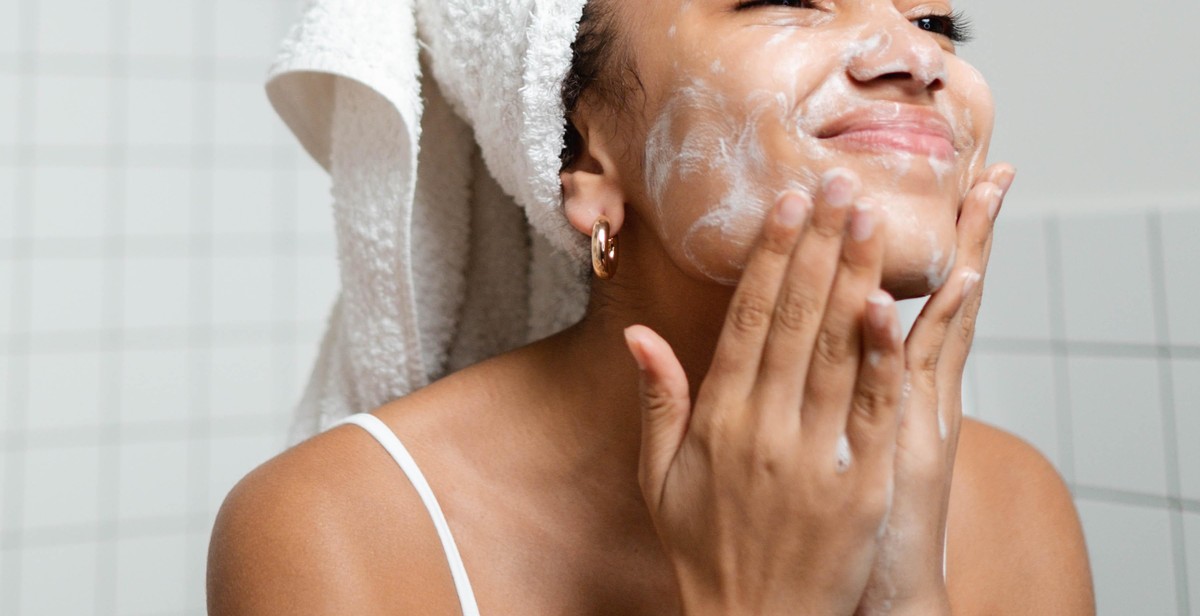
Step 3: Treatments
Now that you have a solid nighttime skincare routine established, it’s time to incorporate treatments that target specific skin concerns. Here are some common nighttime treatments:
Targeting Specific Skin Concerns
Acne-prone skin: Look for treatments that contain salicylic acid, benzoyl peroxide, or retinoids. These ingredients can help clear pores, reduce inflammation, and prevent breakouts.
Hyperpigmentation: Treatments with vitamin C, kojic acid, and hydroquinone can help reduce the appearance of dark spots and uneven skin tone.
Fine lines and wrinkles: Retinoids, peptides, and alpha hydroxy acids (AHAs) can help stimulate collagen production and improve the appearance of fine lines and wrinkles.
Common Nighttime Treatments
Serums: Serums are lightweight and contain high concentrations of active ingredients. Apply after cleansing and toning, and before moisturizing.
Face masks: Face masks can provide a more intensive treatment for your skin. Look for masks that target specific concerns, such as brightening or hydrating.
Retinoids: Retinoids are a type of vitamin A that can help improve the appearance of fine lines, wrinkles, and hyperpigmentation. Start with a low concentration and gradually increase use over time.
Peels: Chemical peels can help exfoliate the skin and improve texture and tone. Start with a gentle peel and gradually increase strength as your skin tolerates it.
Remember to always patch test new treatments and follow instructions carefully. Overuse or misuse of treatments can lead to irritation and damage to the skin.

Step 4: Moisturizing
Moisturizing is a crucial step in any nighttime skincare routine. It helps to hydrate the skin and lock in moisture, preventing dryness and flakiness. In addition, moisturizing at night can help repair and rejuvenate the skin while you sleep.
The Importance of Moisturizing at Night
During the day, your skin is exposed to environmental stressors like pollution, UV rays, and harsh weather conditions. These stressors can damage your skin’s natural barrier and cause moisture loss. Moisturizing at night helps to replenish your skin’s moisture levels and restore its natural barrier function.
Moreover, your skin’s natural repair process is most active at night. When you apply a moisturizer, it enhances this process by providing the skin with the necessary nutrients and hydration it needs to repair and regenerate.
Choosing the Right Moisturizer
Choosing the right moisturizer for your skin type is essential. Look for a moisturizer that is rich in antioxidants, vitamins, and other nourishing ingredients that can help repair and rejuvenate your skin. If you have dry skin, look for a moisturizer that is rich and creamy. For oily or acne-prone skin, choose a lightweight, oil-free moisturizer that won’t clog your pores.
When applying your moisturizer, make sure to massage it gently into your skin in circular motions. This helps to improve blood circulation and ensures that the moisturizer is absorbed evenly.
In conclusion, moisturizing at night is a vital step in any nighttime skincare routine. It helps to hydrate, repair, and rejuvenate your skin while you sleep. Make sure to choose the right moisturizer for your skin type and apply it correctly to reap the benefits.
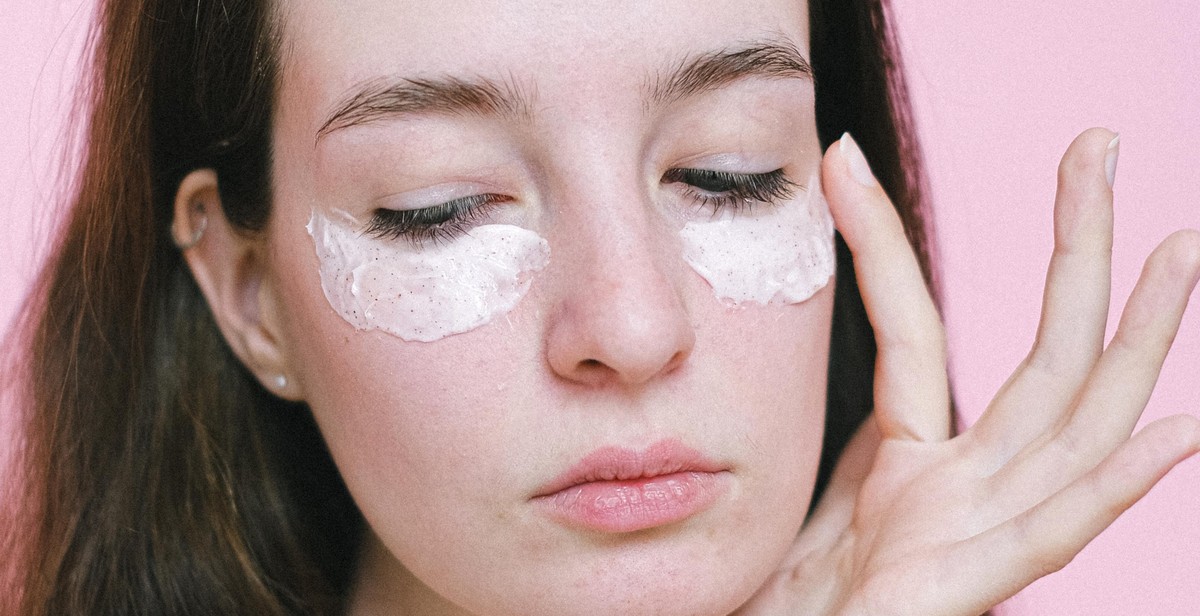
Step 5: Eye Cream
The area around the eyes is delicate and prone to wrinkles, fine lines, and puffiness. That’s why using an eye cream is an essential step in your nighttime skincare routine. Eye creams are formulated with active ingredients that target specific concerns such as dark circles, crow’s feet, and bags under the eyes.
Why Eye Cream is Important
The skin around the eyes is thinner than the rest of the face, making it more susceptible to damage and signs of aging. Eye creams are designed to hydrate and nourish this delicate area, providing essential moisture and nutrients to keep the skin looking youthful and radiant. They also help to reduce the appearance of fine lines, wrinkles, and puffiness while brightening and firming the skin.
Choosing the Right Eye Cream
When choosing an eye cream, look for products that are specifically formulated for your skin type and concerns. If you have dry skin, opt for a cream that is rich in emollients and hydrating ingredients such as hyaluronic acid and glycerin. If you have oily or acne-prone skin, look for lightweight formulas that won’t clog pores. For anti-aging benefits, look for products that contain retinol, peptides, and antioxidants.
It’s also important to choose an eye cream that is free from irritants such as fragrance and alcohol, as these can cause redness, irritation, and dryness around the eyes.
| Key Ingredients to Look for in Eye Creams | Benefits |
|---|---|
| Retinol | Stimulates collagen production and reduces the appearance of fine lines and wrinkles |
| Peptides | Helps to firm and tighten the skin around the eyes |
| Vitamin C | Brightens and evens out skin tone, reduces the appearance of dark circles |
| Caffeine | Reduces puffiness and dark circles by constricting blood vessels |
Overall, incorporating an eye cream into your nighttime skincare routine is an important step in maintaining healthy, youthful-looking skin. By choosing the right product and using it consistently, you can reduce the signs of aging and keep the delicate skin around your eyes looking bright and radiant.
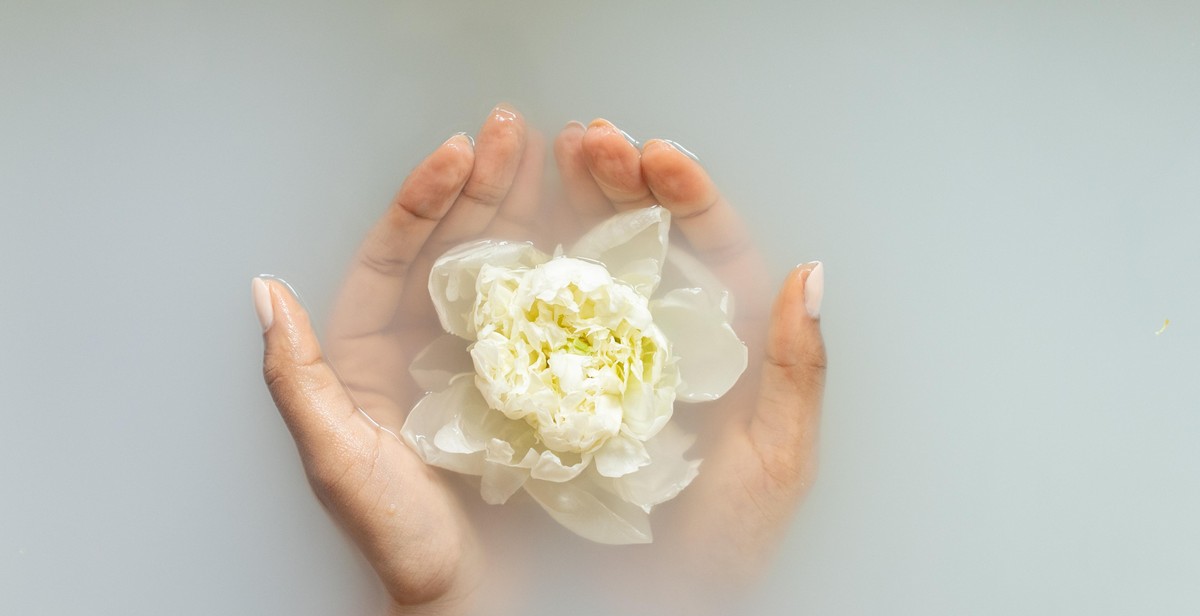
Step 6: Final Touches
Now that you’ve covered the basics of your nighttime skincare routine, it’s time to add some final touches to ensure your skin is fully repaired and rejuvenated.
Facial Oils
Facial oils are a great addition to your nighttime skincare routine as they help to lock in moisture and provide nourishment to the skin. Look for oils that are high in antioxidants and fatty acids such as rosehip oil, jojoba oil, and argan oil. Apply a few drops of your chosen oil after your moisturizer to seal in all the goodness.
Sleeping Masks
Sleeping masks are another way to give your skin an extra boost of hydration and nourishment while you sleep. These masks are designed to be left on overnight and can help to improve skin texture, reduce fine lines and wrinkles, and brighten the complexion. Look for masks that contain ingredients like hyaluronic acid, vitamin C, and niacinamide for the best results.
By incorporating facial oils and sleeping masks into your nighttime skincare routine, you can give your skin the extra care it needs to repair and rejuvenate while you sleep.
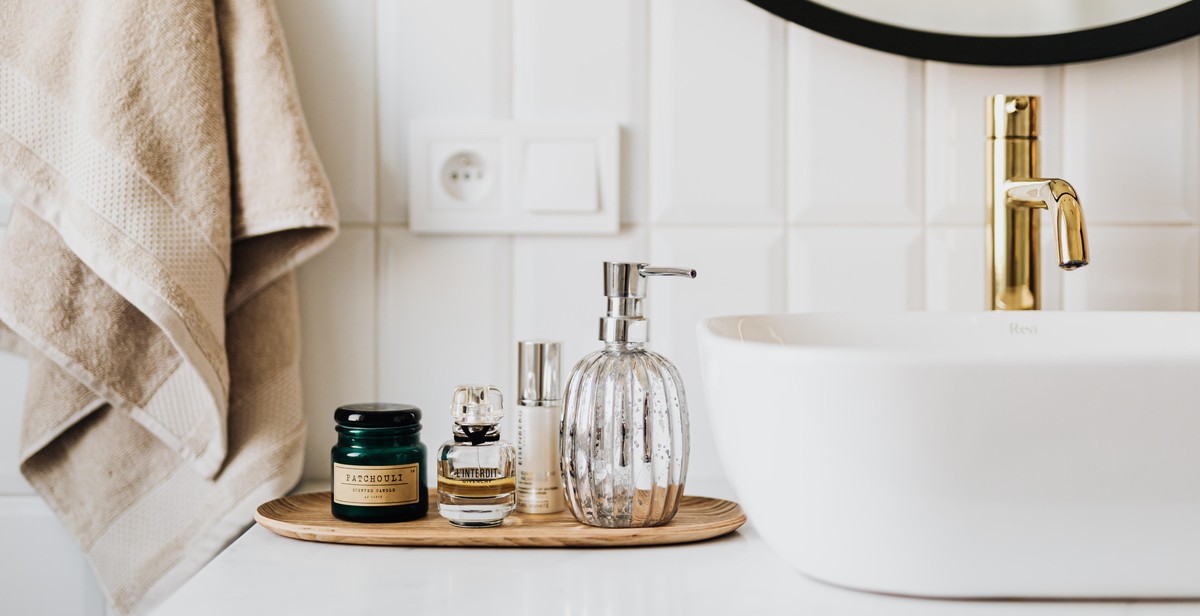
Conclusion
Having a nighttime skincare routine is an important step in achieving healthy and youthful-looking skin. Not only does it promote repair and rejuvenation of the skin, but it also helps prevent premature aging and other skin problems.
The Benefits of a Nighttime Skincare Routine
A nighttime skincare routine helps to:
- Remove dirt and impurities from the skin
- Hydrate and moisturize the skin
- Boost collagen production
- Reduce the appearance of fine lines and wrinkles
- Improve skin texture and tone
- Prevent acne and breakouts
- Stimulate cell turnover
By incorporating the right products and techniques into your nighttime skincare routine, you can achieve a healthier, more radiant complexion. Remember to choose products that are appropriate for your skin type and address your specific skin concerns.
Final Thoughts
Developing a nighttime skincare routine may seem overwhelming at first, but with consistency and patience, you can achieve the best results. Remember to be gentle with your skin and make adjustments as needed. By prioritizing your skin health, you can enjoy a more confident and glowing complexion.
| Recommended Products: | Recommended Techniques: |
|
|
